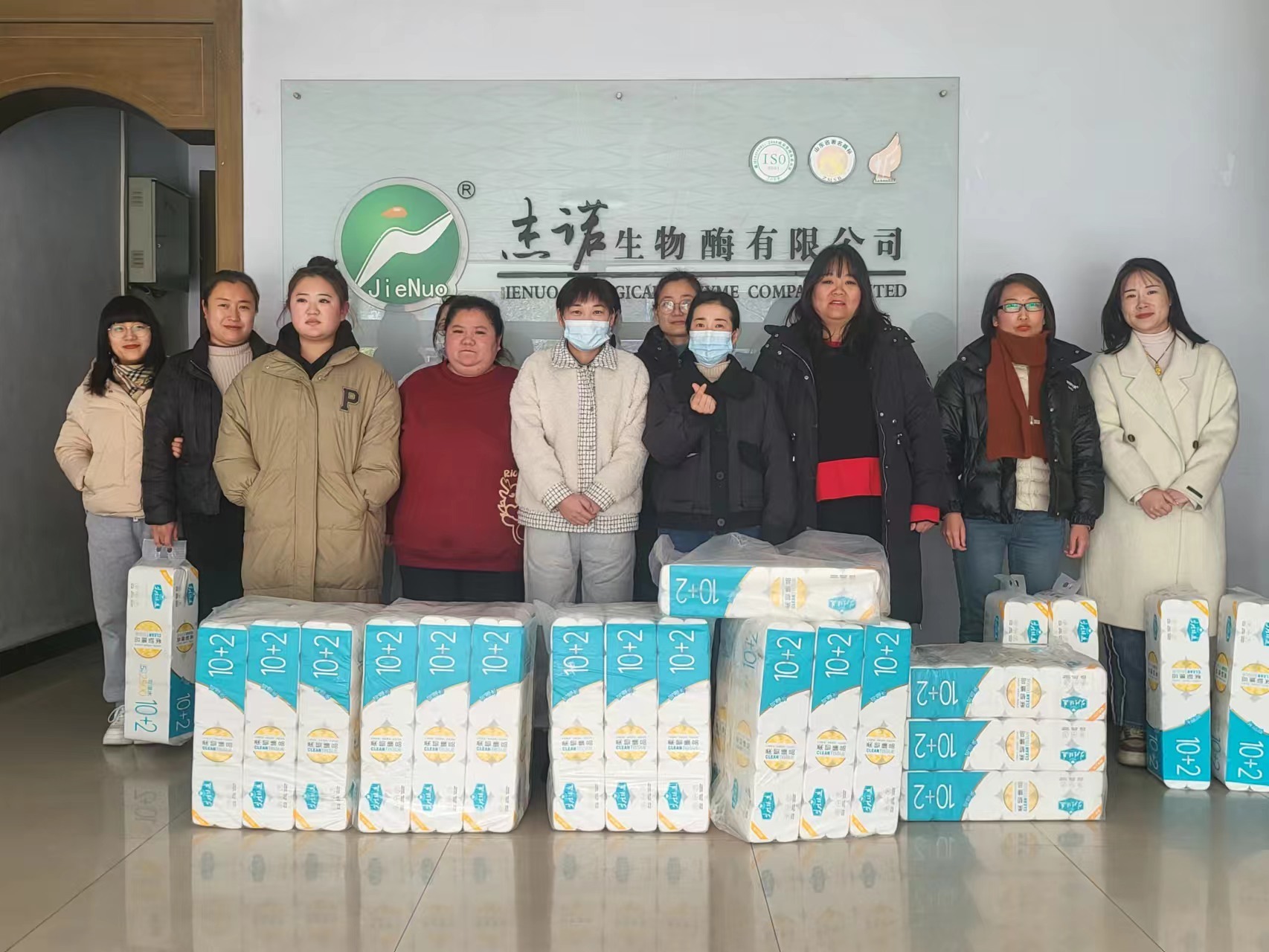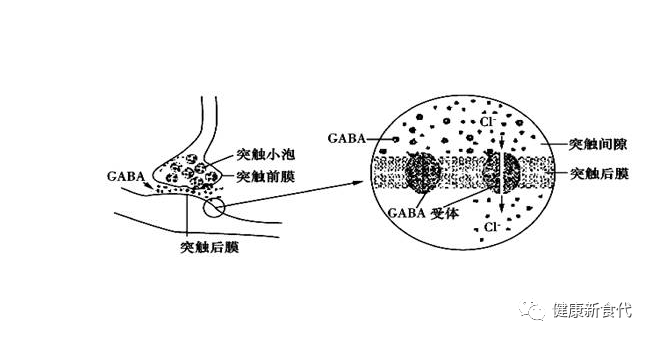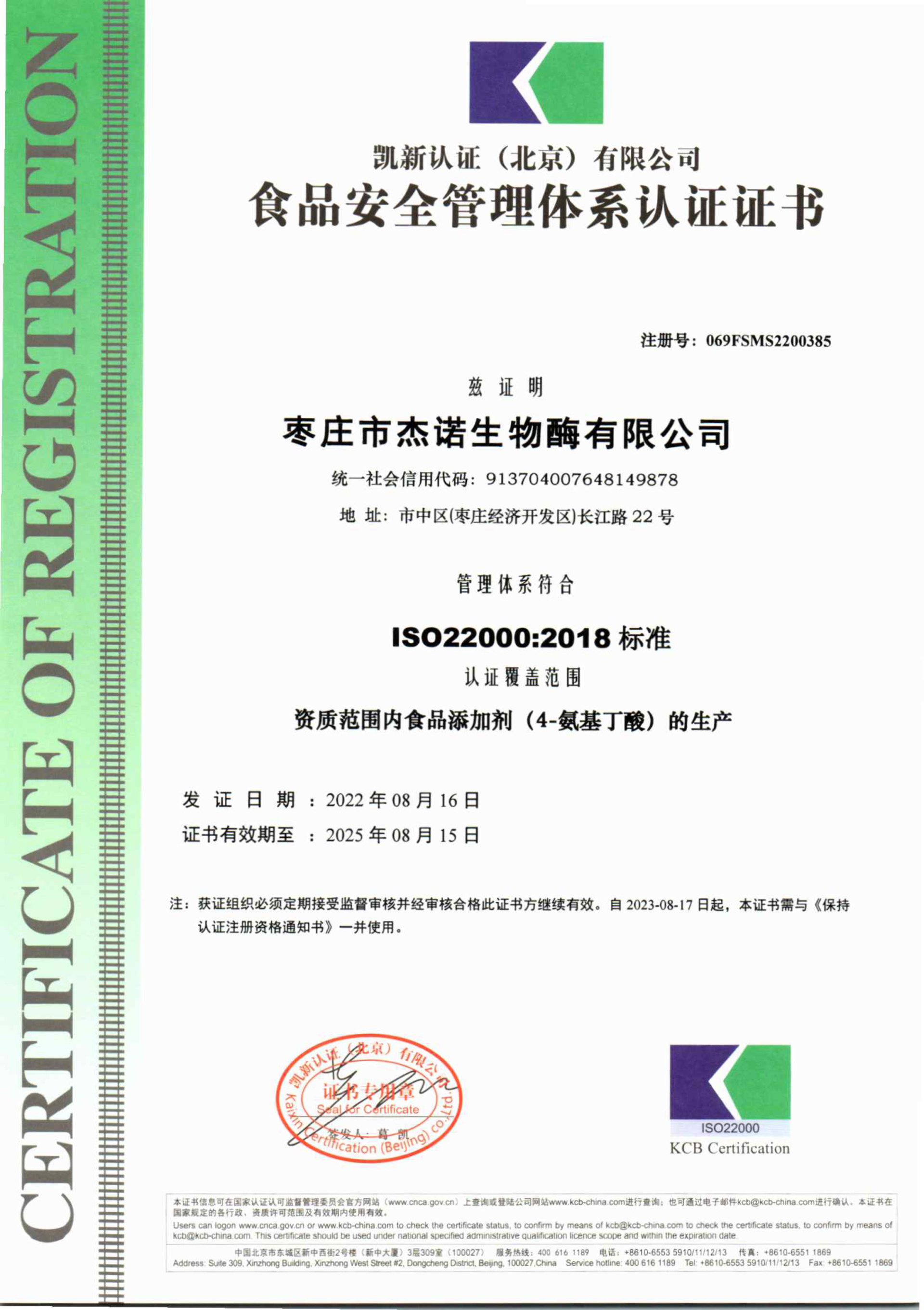Amazing Bacillus subtilis!
Release time:
2021-07-28

Bacillus subtilis is a species of Bacillus, widely distributed in soil and decaying organic matter. It is also a common endophytic bacterium in plants. Its rapid growth, simple nutritional requirements, and ability to produce heat-resistant and stress-resistant spores make it a common component in many microbial fertilizers.
Of course, the widespread use of Bacillus subtilis is also due to its powerful effects in enhancing crop resistance, promoting crop growth, improving soil, and improving crop quality. It can be considered a medicine, a fertilizer, and a plant growth regulator, depending on its application.
Detailed Explanation of the Functions of Bacillus subtilis
① Soil Improvement
Bacillus subtilis improves soil primarily by regulating soil nutrients, altering the soil microbial community structure, and decomposing residual pesticides in the soil.
Regulating Soil Nutrients: Bacillus subtilis and its secretions can accelerate the mineralization and release of nitrogen, phosphorus, and potassium, thereby increasing soil nutrients. However, the growth and reproduction of Bacillus subtilis itself consumes soil organic matter, so it is recommended to use it with organic fertilizers.
Altering Soil Microbial Community Structure: In healthy soil, the general order is bacteria > actinomycetes > fungi. However, in severely problematic soil, the number of certain fungi such as Fusarium, Botrytis cinerea, and Verticillium dahliae may increase, inducing various soilborne diseases. The colonization of Bacillus subtilis can alter the structure and diversity of soil microorganisms in the crop rhizosphere, significantly increasing the number of bacteria and actinomycetes, and significantly reducing the number of fungi.
Decomposing Residual Pesticides in Soil: Bacillus subtilis can help degrade substances harmful to plant growth, such as some herbicides, phorate, and profenofos, by increasing the activity of urease, protease, and sucrase in the soil.
② Regulating Crop Growth
On the one hand, Bacillus subtilis can promote crop growth; on the other hand, it can enhance disease resistance.
Promoting Crop Growth: Bacillus subtilis improves the soil, creating a favorable environment and nutritional conditions for the crop root system. In addition, the active substances secreted by Bacillus subtilis can stimulate an increase in the proportion of plant growth endogenous hormones, such as increased indoleacetic acid and gibberellin content and decreased abscisic acid content, contributing to increased yield.
Enhancing Disease Resistance: As mentioned earlier, Bacillus subtilis can reduce the number of pathogenic microorganisms in the soil, but this is only part of its disease-resistant effect.
Bacillus subtilis has colonization ability and can successfully colonize in the roots, stems, leaves, and soil of crops. When the colonization level reaches a certain level (10^4 CFU/g), it can hinder the infection and damage of pathogens to crops by competing for space and nutrients.
At the same time, after colonization, Bacillus subtilis can produce antibiotics and antimicrobial proteins, causing the hyphae to twist, swell, and deform, thereby inhibiting the growth of pathogenic bacteria and achieving disease control.
③ Improving Crop Quality
After Bacillus subtilis colonizes in the soil, it produces a large number of plant hormones and organic acids, stimulating root growth, improving soil quality, promoting crop physiological metabolism, and forming a benign plant-soil-microbe ecosystem, thereby effectively improving crop quality.
Usage and Precautions
Select Bacillus subtilis preparations that meet national standards, focusing on spore content (>200 million/g), impurity rate (<3%), and storage stability. For example, Huotu Jun Bacillus subtilis is a relatively high-quality product. Huotu Jun Bacillus subtilis (400 billion/g) is known for its "true live bacteria, fully water-soluble." The following uses Huotu Jun Bacillus subtilis (400 billion/g) as an example to illustrate the method of use. Because the effective bacteria are different, the dosage of various microbial agents is also different.
BLOGS
On the occasion of International Women's Day, I would like to extend my sincere festival greetings to all the female employees working diligently in various departments of the company!
Geno Bio conducted first-aid knowledge and skills training
Geno Bio conducted first-aid knowledge and skills training
Public participation, fire prevention
Public participation, fire prevention
In-depth Interpretation - GABA (γ-Aminobutyric Acid)
In-depth Interpretation - GABA (γ-Aminobutyric Acid)
Zaozhuang Jeno Bioenzyme has passed the ISO22000 certification.
The company has obtained ISO22000 certification.







